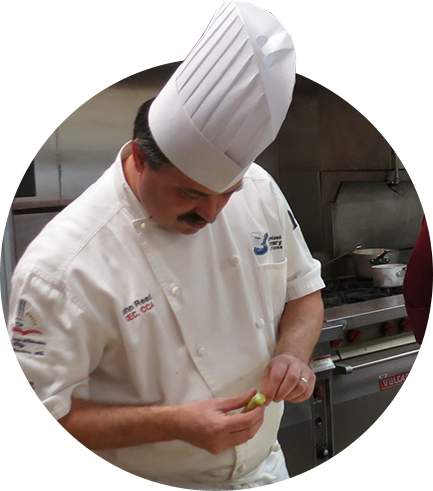Associate FCSI member John Reed of Customized Culinary Solutions looks at the relationship between a local foodie culture and residential development.
While reading a recent article by Katy McLaughlin in the Wall Street Journal, ‘Foodie cities: real estate for the restaurant set’, I was intrigued by the discussion focusing on the relationship between food and culture that is expanding into the residential and commercial real-estate markets.
Consumers are becoming increasingly involved in food and the emotional influence it has on their day-to-day life. Food and people are more interconnected and the effects of this on lifestyle choices are now highly influential. A foodie’s living choices are being influenced by their eating, drinking, cooking and entertaining preferences. Some individuals are searching out homes close to their favourite markets, dining places and food-driven social activities. A few people with the money are building homes that have all of the amenities they need to facilitate their eating and dining habits. City dwellers are choosing to live close to a foodservice establishment, whether a cornerstone of their building complex or within a certain walking distance. This demand for food focused amenities close by has considerable impact on the design aspect of the food service facility.










